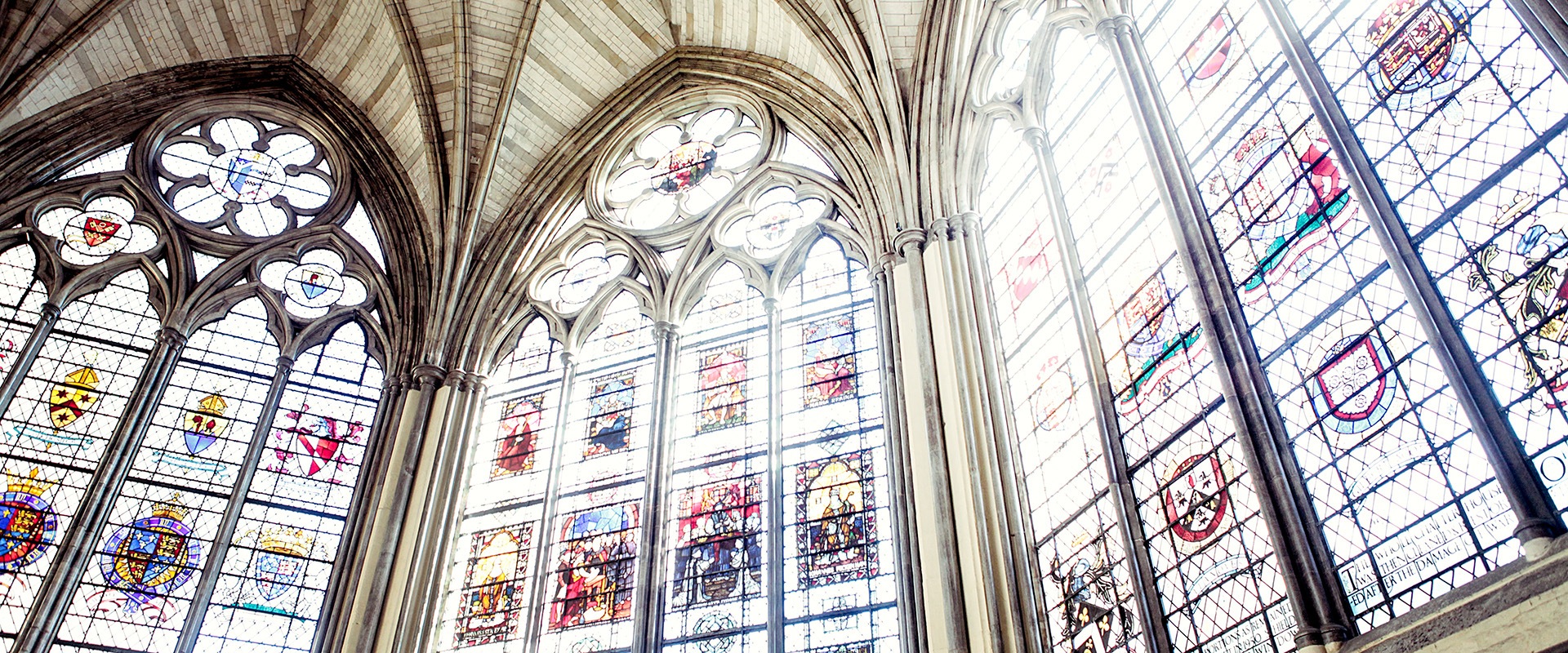In the midst of the tedium that inevitably accompanies any job (in varying degrees), it can be easy to wonder at times whether our work really matters. One way of battling the temptation to believe the lie that our work doesn’t matter is to see the connections between what we do each day and what God is doing from day to day. From here, we can take advantage of working in worship.God is at work in this world in at least three broad ways: through His ongoing providence; through his restraint of evil; and through His beautiful labors of restoration. As we look at these, see if you can identify where your work and his overlap.
1. God is at work in the world through His ongoing labors of providence.
As Christians, we don’t believe that God just created the world and then abandoned it to itself. No. We know that He is present and engaged; He is actively sustaining and providing for His beloved creation. Consider, for example, these truths from Psalm 104:
He makes springs pour water into the ravines; it flows between the mountains. They give water to all the beasts of the field; the wild donkeys quench their thirst. The birds of the air nest by the waters; they sing among the branches. He waters the mountains from his upper chambers; the earth is satisfied by the fruit of his work. He makes grass grow for the cattle, and plants for man to cultivate–bringing forth food from the earth: wine that gladdens the heart of man, oil to make his face shine, and bread that sustains his heart.
Here we see God actively providing food and water and shelter for His creatures. Or consider Psalm 145:14-16:
The Lord upholds all who fall,And raises up all who are bowed down. The eyes of all look expectantly to You,And You give them their food in due season. You open Your hand and satisfy the desire of every living thing.
Everyone and everything ultimately looks to God for His provision. But in God’s design, we humans participate in his ongoing provision for the world through our own vocation. God is the source of all of our life. But the means through which He provides are typically means in which we participate. God is the source of all our food; God is the ultimate source of all our medicines; God is the ultimate source of the nonmaterial provisions we need. But in getting food and medicine and nonmaterial goods like counseling to us, He uses human workers–farmers and truck drivers and chemists and pharmacists and psychiatrists.
This is all part of the cultural mandate from Genesis 2. God made us human beings to love and serve our neighbors through our daily work, work that participates in God’s ongoing provision for His creation. Our work itself matters because through it we are imaging God to the world—we are reflecting Him as Provider — and we are being used by Him in the very practical tasks of getting His “providing work” done.The Jewish Talmud contains a riddle: Why didn’t God create a bread tree if He meant man to live on bread? The answer is that God “prefers to offer us a grain and invites us to buy a field and plant the seed. He prefers that we till the soil while He sends the rain. He prefers that we harvest the crop while He sends sunshine….Why? Because He would rather we become partners with Him in creation. Of course, God could simply supply our every need and solve our every problem. But our God invites us into a creative partnership with him. He supplies the earth, the air, the water, the sun and our strength and then asks us to work with him.
Much of our work under this “provision” category is also about maintaining and preserving. It is about work that keeps chaos from breaking out. Bridge inspectors, for example, do their work to ensure that public infrastructure is holding together properly. Computer programmers take huge amounts of data and information and make it possible to sort it, categorize it, and interpret it. Janitors and garbage collectors promote public health through their sanitation work. Artists and musicians take raw materials and rearrange them in ways to bring about beauty for the eyes and the ears, to sustain us through the lifting of our spirits. Lawnmower manufacturers make the products that help our yards from being completely overgrown and tangled with weeds and refrigerator manufacturers provide us with appliances to preserve our food. Auto mechanics keep our cars running and construction companies make the houses we live in and roads we drive on.In all these ways, human laborers participate in God’s providing-and-sustaining-and-preserving work, and that work itself matters.
2. God is at work actively restraining evil.
Now, given all the horrors of suffering and abuse and warfare we see in our world today, that may be hard to grasp. But the truth is that life here would be immeasurably worse if God in His kindness was not in fact holding back His wrath and setting boundaries on Satan’s activities.The restraint of evil is one purpose of what theologians refer to as God’s “common grace. The reformed theologian John Calvin wrote of this in his Institutes of the Christian Religion, saying:
Amidst the corruptions of nature there is some room for divine grace, not to purify it, but internally to restrain its operations. In His elect the Lord heals these maladies. In others He restrains them, only to prevent their ebullition (boiling over) so far as He sees to be necessary for the preservation of the Universe.
Here again, we humans participate in God’s restraining work through some of our own occupations. Consider for example, the work of police officers, or that of judges, or ombudsmen, or investigative journalists, or compliance officers, or soldiers in a peacekeeping force, or public officials, or high-level management executives who use their influence to sway their firms away from ethically dubious practices.In all these ways we participate in God’s restraining work, and that work itself matters.
3. God is active in the world doing his beautiful work of restoration.
He is on a grand mission to renew all things. The great Gospel story has four chapters–creation, fall, redemption, and consummation. With the inauguration of Jesus, a measure of the coming, future kingdom of God has arrived. The Kingdom is both now and not yet. Jesus brought foretastes of the coming Kingdom into reality during his earthly ministry and he continues to do that work now. For example, he offered foretastes of the total wholeness we will enjoy in the New Earth when he touched and healed the sick.
As we sing during Advent, Jesus comes to make his blessings flow “far as the curse is found.”
He is active in the work of pushing the Kingdom’s shalom and justice into the world while pushing back its corruption, evil, and suffering. And once again, we humans get to participate in that restoring and renewing work through our daily labors. Engineers figure out how to take waste products and recycle them into usable goods. Doctors discern how to restore sick bodies to health. Counselors help people move from mental anguish to greater psychological wholeness. Farmers transform wilderness into vegetable-producing gardens. Insurance agents help people recover from accidents and get things — houses and cars — put back together again. Real estate developers and business entrepreneurs can go into economically distressed neighborhoods and breathe new economic life into them.In all these ways we participate in God’s restoring work, and that work itself matters.
So, in the midst of the pencil-pushing, widget-making, repetitive cleaning, and endless meetings, remember: there’s more than meets the eye here. Step back a moment to see the big picture of the work you’re participating in and grab ahold of the Lord’s hand. For he’s right there in your midst, working too.





